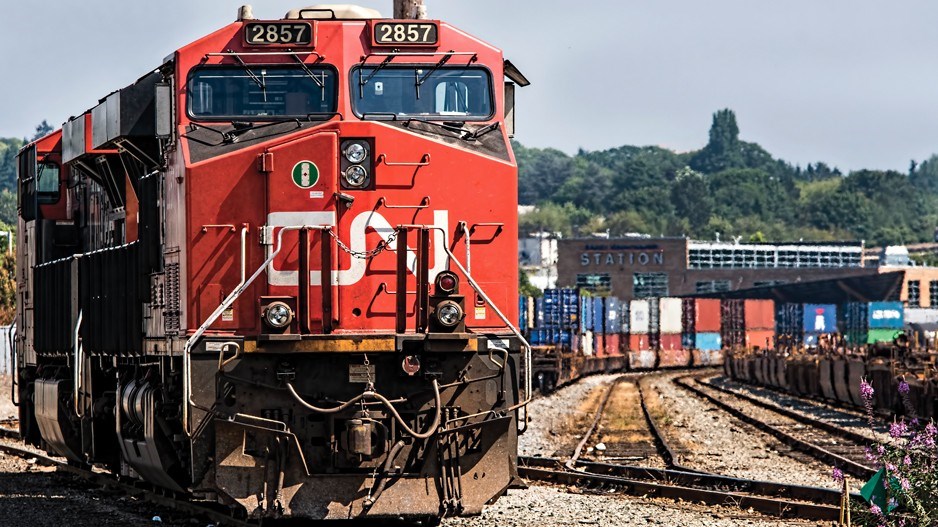Canadian National Railway Co. said it has implemented a contingency plan that will allow CN Rail to continue to operate despite 750 signal and communications workers walking off the job over the weekend.
The strike began after the International Brotherhood of Electrical Workers, or IBEW, failed to reach an agreement with CN on a new labour agreement.
In 2019, more than 3,000 employees with Teamster Canada held an eight-day strike at CN Rail, heavily disrupting shipments across the country. But CN officials say the current labour strife will not have the same effect.
“The plan allows the Company [CN Rail] to maintain a normal level of safe rail operations across Canada and serve its customers for as long as required,” the rail operator said in a statement. “While the Company is disappointed with the current situation, CN remains committed to finding a resolution and it continues to encourage the IBEW to end its strike through an agreement or through binding arbitration.”
Reports indicate that CN plans on using senior staff like managers, as well as contract workers, to work on the vacated duties as needed. The workers who went on strike are tasked usually with the upkeep of trackside electrical/signalling equipment along CN’s rail lines – including crossings and switches.
The IBEW has said that it believes a strike, if it stretches into longer durations, will likely disrupt the country’s already stressed supply chains because may striking workers are the ones who troubleshoot specific events (such as weather-related disruptions) along the CN rail lines.
In a letter to employees, CN Rail COO Robert M. Reilly said the rejected offer to IBEW included items such as a 10% wage increase over three years, as well as increased paramedical benefits and mental health support and an “increased flexibility to select a plan” that suits an individual worker’s needs.




